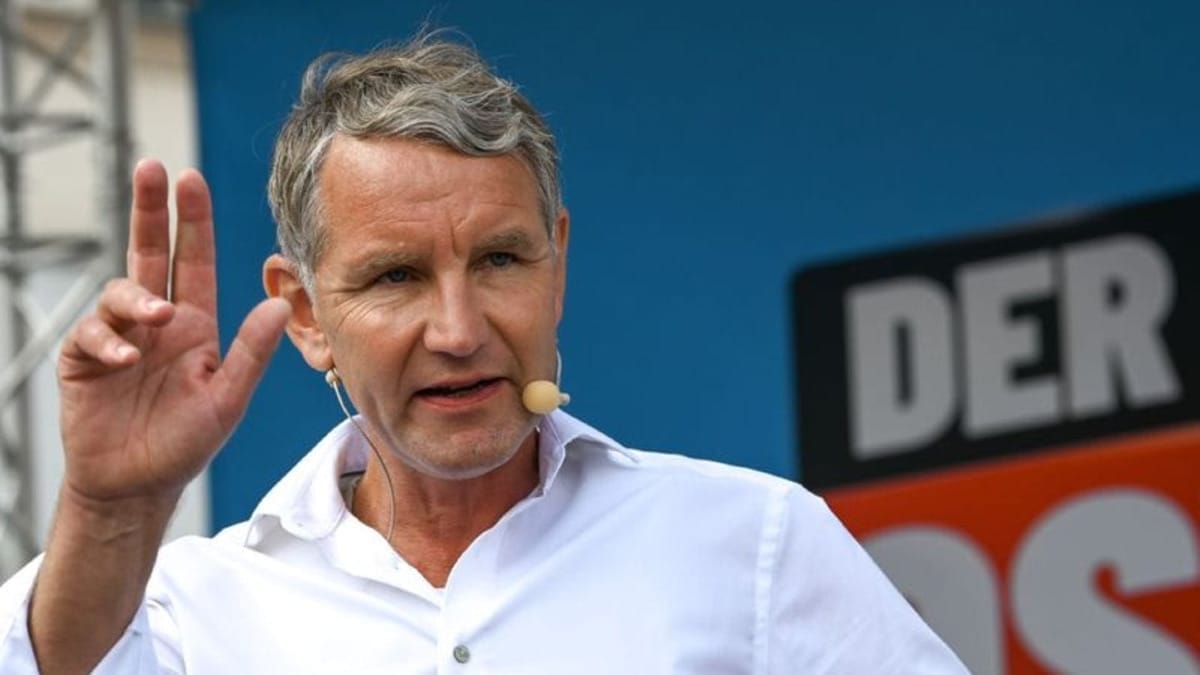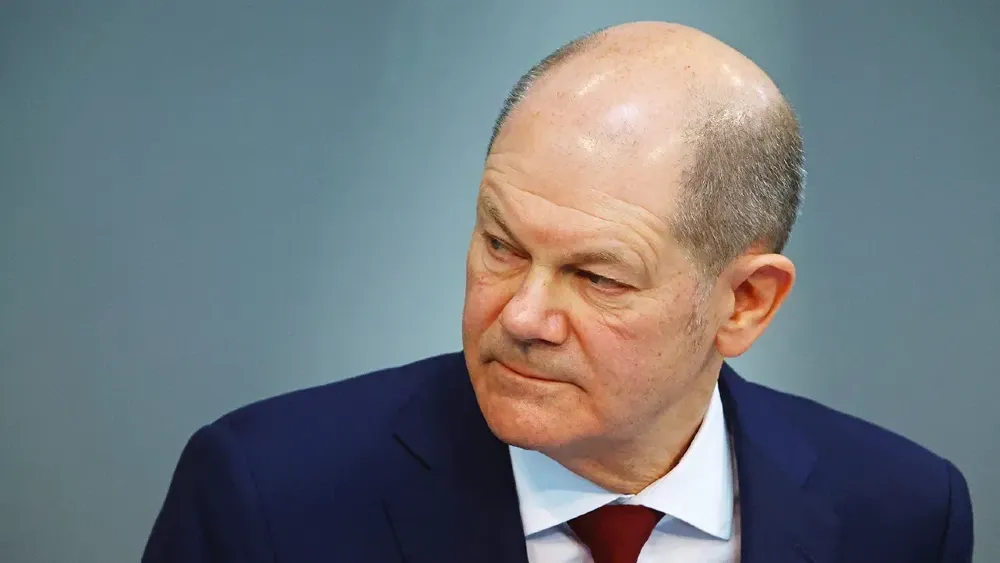Scholz Urges Parties to Isolate Far-Right After AfD's Historic Victory in Thuringia
German Chancellor Olaf Scholz has called on mainstream political parties to uphold a "firewall" against the far-right Alternative.
German Chancellor Olaf Scholz has called on mainstream political parties to uphold a "firewall" against the far-right Alternative for Germany (AfD) following its unprecedented victory in Thuringia's regional election on Sunday. The AfD's win marks the first time since World War Two that a far-right party has achieved a state parliament victory in Germany. Scholz described the results as "bitter" and "worrying," and urged democratic parties to prevent the AfD from gaining governing power.
The AfD, designated a right-wing extremist organization by German domestic intelligence in both Thuringia and Saxony, also performed strongly in Saxony, finishing a close second. Despite these gains, the AfD’s prospects for forming a government remain limited. Both the conservative Christian Democratic Union (CDU) and other mainstream parties have vowed not to cooperate with the AfD, making it nearly impossible for the party to achieve a governing majority. Scholz has reiterated the need for democratic parties to unite against the far-right, warning that any collaboration would undermine Germany’s democratic fabric.
AfD co-leader Alice Weidel has sharply criticized this strategy, arguing that attempts to exclude the AfD from government violate democratic principles. She described the election results as a "clear mandate" from voters for the AfD to participate in governance and called on political leaders to abandon what she labeled undemocratic "firewalls." Without the support of other parties, the AfD, despite winning over 30% of the vote, lacks the necessary coalition partners to govern in Thuringia.
The CDU, which finished second in Thuringia, has ruled out any alliance with the AfD. This leaves the party in a difficult position, as it may have to consider forming a coalition with left-wing groups like Die Linke or Sahra Wagenknecht's radical left BSW—options that are deeply unpalatable to many within the CDU ranks. Even if a coalition is formed, it is likely to be fragile, given the ideological differences among potential partners.
The recent elections have exposed growing dissatisfaction with Germany's ruling "traffic-light" coalition of Scholz’s Social Democrats (SPD), the Greens, and the liberal Free Democrats (FDP). The SPD, in particular, suffered severe setbacks, securing just a handful of seats in both Thuringia and Saxony, while the Greens and FDP failed to win any seats in Thuringia. This poor performance reflects the coalition's declining popularity, which Weidel argued represents a voter rejection of the current government.
Immigration emerged as the key issue driving voter sentiment, fueled in part by a recent knife attack that left three dead and reignited a fierce national debate on asylum and refugee policy. The AfD, which advocates a hardline stance on immigration and opposes military aid to Ukraine, gained substantial support in both Thuringia and Saxony. The party’s platform resonated particularly in the eastern states, where economic and social concerns have amplified calls for stricter immigration controls.
The election results underscore a noticeable rightward shift in Germany's political landscape. With Brandenburg set to hold its election in three weeks, where the AfD currently leads in opinion polls, the country may be on the brink of further political upheaval. This period of uncertainty could result in unstable coalitions and heightened tensions between parties, further complicating Germany’s path forward.
As Germany navigates this challenging moment, the divisions within its political landscape have become more pronounced, reflecting a broader debate about the country's future direction. The AfD's gains highlight deepening fractures within German society, which the mainstream parties will need to address if they hope to stabilize the political environment and maintain democratic norms.
Previously Jack Wrote








